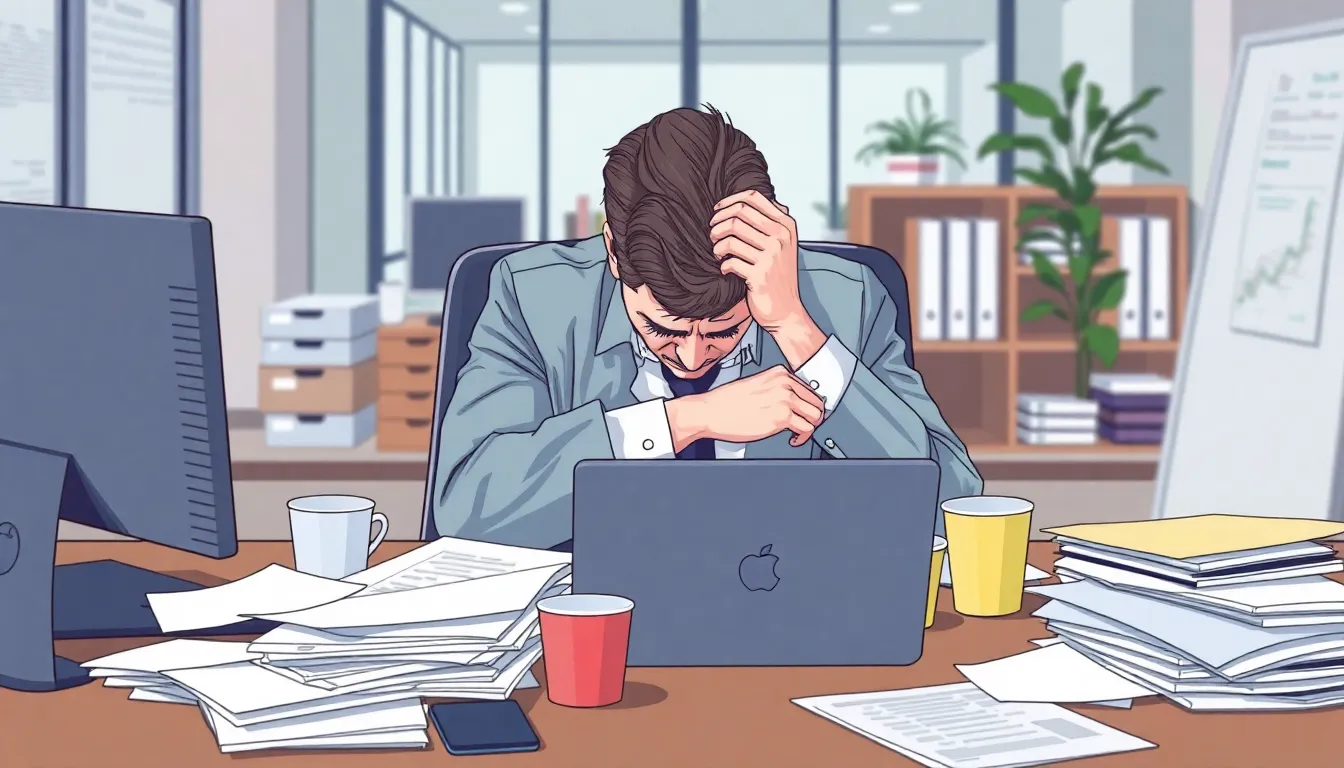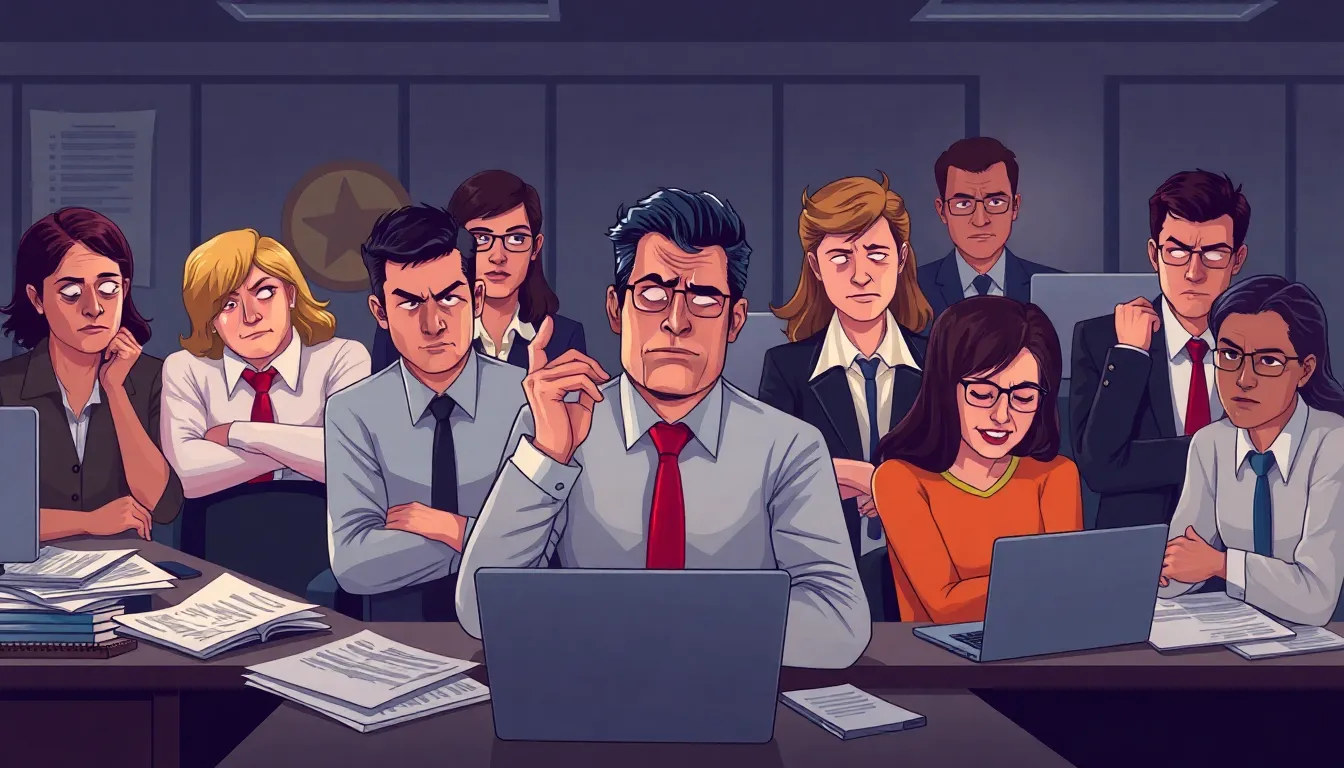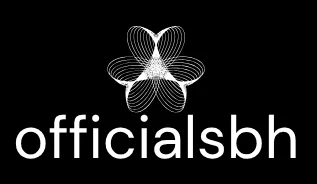In today’s fast-paced world, grind culture has become the badge of honor for many. It’s that relentless pursuit of hustle and productivity, where sleep takes a backseat and coffee becomes a lifeline. But what does it really mean? Is it the secret sauce to success or just a recipe for burnout?
Table of Contents
ToggleUnderstanding Grind Culture
Grind culture emphasizes an aggressive work ethic that prioritizes productivity over personal well-being. This relentless drive often leads to both admiration and criticism in various fields.
Definition of Grind Culture
Grind culture refers to an ideology where constant work and hustle define success. Individuals immersed in this culture celebrate long hours, always striving for higher achievements. They believe relentless effort equates to personal worth and professional advancement. This mindset often leads to burnout, as the pressure to produce never relents. Recognition often comes only to those who sacrifice health for ambition, promoting an unsustainable lifestyle.
Historical Context
Historically, grind culture emerged in response to economic pressures and the rise of capitalism. In the early 20th century, industrialization fueled a need for immense labor output. The mantra of “working harder” gained traction, permeating various industries. Later, the tech boom intensified this mentality, with startups glorifying overwork. Cultural shifts such as the gig economy further entrenched the belief that constant hustle leads to financial stability and success. This evolution highlights an ongoing struggle between personal health and professional ambition.
The Impact of Grind Culture


Grind culture significantly influences individuals’ well-being and efficiency in the workplace. Exploring its effects reveals both mental health challenges and productivity outcomes.
Effects on Mental Health
Burnout often results from the pressures of grind culture. Individuals frequently report anxiety and depression, as relentless work expectations take a toll on emotional health. Stress levels rise when people prioritize work over self-care, leading to exhaustion and disengagement. Many also experience feelings of inadequacy, believing their worth is tied to their output. To combat these issues, creating boundaries between work and personal life becomes essential. Recognizing the signs of mental strain can help individuals reclaim their health and happiness.
Effects on Productivity
Productivity presents a mixed picture under grind culture. While long hours might seem beneficial, evidence shows diminishing returns over time. Sustained effort leads to fatigue, which often decreases overall effectiveness. Quality of work can diminish as individuals sacrifice rest for more output. Innovative solutions may become scarce as creativity wanes. Employers must foster a balanced work culture by encouraging breaks and managing workloads. Prioritizing employees’ well-being can enhance overall productivity and lead to sustainable success.
Criticism of Grind Culture
Criticism of grind culture focuses on its negative effects on health and productivity. Many individuals now recognize its toxic nature and potential for severe burnout.
Toxicity and Burnout
Toxicity permeates grind culture, as it glorifies overwork at the cost of health. Long hours lead to physical exhaustion, mental fatigue, and emotional distress. Studies indicate that constant pressure to perform can trigger anxiety and depression among workers. Signs of burnout, including chronic fatigue and reduced efficiency, often follow relentless work schedules. Difficulties in personal relationships may also arise when individuals prioritize work over self-care. The continual cycle of hustle leaves little room for recovery, making it difficult for individuals to feel fulfilled. Addressing these issues requires a cultural shift toward valuing well-being as a priority.
Alternatives to Grind Culture
Shifting away from grind culture emphasizes balance and sustainable work practices. Many organizations now encourage flexible schedules, remote work options, and regular breaks. Prioritizing mental health initiatives can lead to improved employee well-being. Approaches such as mindfulness and time management training enable individuals to work efficiently without sacrificing personal life. Fostering collaboration rather than competition within teams creates supportive environments, enhancing overall productivity. Employees benefit from a culture that recognizes achievements beyond long hours, promoting quality work over quantity. Ultimately, these alternatives support a healthier relationship with work while achieving success.
The Future of Grind Culture
Grind culture faces reevaluation as more individuals recognize the importance of well-being alongside achievements. The changing landscape of work prompts a closer examination of effective work ethics.
Evolving Work Ethics
Shifts in priorities develop as younger generations embrace more flexible work models. Increasingly, individuals value productivity that aligns with personal values over mere hours logged. Employers who adapt to these evolving work ethics enhance their appeal to top talent. Furthermore, remote work options redefine traditional office environments, enabling improved work-life integration. Ultimately, this evolution encourages a focus on results rather than hours, fostering a healthier workplace culture.
Balancing Work and Life
Striking a balance between work and personal life becomes essential for long-term success. Establishing boundaries creates time for self-care and family connections while maintaining productivity. Many organizations adopt policies that encourage employees to disconnect after hours, contributing to mental health stability. The trend toward four-day work weeks or flexible schedules also supports this balance. Workplaces that prioritize well-being often see higher employee satisfaction and increased overall performance.



